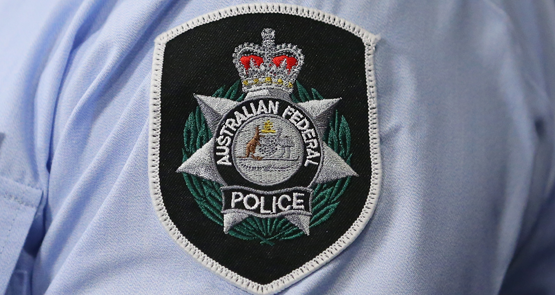The government never sought advice from the Australian Federal Police on whether rich executives, or their children, were actually at risk of kidnapping before embarking on new legislation designed to hide companies’ revenues from public view.
Under current tax law passed by the former Labor government in 2013, the Australian Taxation Office (ATO) publishes tax return information such as reported total income, taxable income and tax payable for companies with revenues over $100 million per financial year. Those who advocate for this disclosure from private companies — public companies already disclose their financial statements on the Australian Securities Exchange — argue it encourages the approximately 700 companies in Australia that would be affected by this change to pay the amount of tax they are required to pay, given the added transparency of the disclosure.
Legislation introduced by former treasurer Joe Hockey earlier this year would remove this reporting obligation. In the explanatory memorandum for the legislation, the government stated that “many private companies” raised concerns about the impact of disclosing the information on their “personal privacy and security”.
“Japan repealed similar legislation in 2005 on the basis that disclosure was being utilised in ways inconsistent with its initial aim, and reports that the disclosure was a factor in causing crimes and harassment.”
In a Senate committee hearing on the legislation on Tuesday, Treasury officials confirmed the findings of a Transport Workers’ Union freedom of information request from June that no advice had been sought from the Australian Federal Police on whether the disclosure of the information was a security issue:
“How did this appear in the second reading, how did it appear in the memorandum?” Labor Senator Sam Dastyari asked.
“The explanatory memorandum talks about there were issues raised in our consultation process around personal security,” Treasury acting division head for corporate and international tax Matthew Brine said.
“At any point did you then try to clarify if the AFP thought that was a concern?” Dastyari asked.
“We didn’t contact the AFP. The answer is no,” Brine replied.
Treasury consulted on the disclosure in 2013, and it was opposed by Ernst & Young because it would lead to companies being “unfairly attacked” because the public misunderstand the combination of total income and taxable income plus tax payable. Godfrey Hirst, an Australian carpet manufacturer with over $300 million in turnover, also opposed the change, suggesting many private companies are family-owned, and the publication of the data could be detrimental to their safety.
Teys Australia, a privately owned beef producer that is required to disclose financial figures under the current law, told the Treasury in June that the transparency would result in “serious criminal activity” targeting people “on the basis of perceived wealth”. The Tax Justice Network, however, has argued the requirement doesn’t disclose any personal information, and in the case of Teys, much of the information is already available by buying documents from the ASIC registry for $19, or simply by looking at Teys Australia’s Facebook page.
“The ease with which such information about the families’ wealth and address details can be obtained, some of it made available online by members of the family themselves, makes it obvious there will be no threat to the personal safety of people like the Teys family through the small amount of tax transparency being provided by the current provisions of the Tax Administration Act,” the network stated.
This was confirmed by the Australian Taxation Office’s deputy commissioner for private groups, and high wealth individuals, Michael Cranston at the hearing on Tuesday.
“There is a lot of information in the public domain, [but] basically I think if they’re lodging financial statements with ASIC, you wouldn’t be getting the taxable income [under the legislation] but you would be able to get tax payable, if you paid a small fee.”
After the TWU’s original FOI requests were reported by Fairfax, Crikey understands the TWU filed a subsequent request to see if Treasury decided to consult with the AFP on security risks after the media reported on it, but again, no documents were found on any subsequent requests for advice.
In the hearing on Tuesday, Cranston indicated that the ATO had not done any research to say whether disclosing the information would lead to better tax compliance for the 700 affected businesses. He estimated that close to one in five of the affected companies pay no tax at all, but would not be drawn on the reasons why that might be.
Dastyari said the debate ultimately came down to whether transparency and public disclosure would change company behaviour, but Liberal senator David Bushby argued it was an attempt to get the companies to pay more tax.
“[It will] shame them into paying more than they have to, or demonise them until people demand that tax laws are changed,” he said.
The committee is due to report to Parliament on October 12, but is likely to be further scrutinised during estimates hearings in October.









““[It will] shame them into paying more than they have to…”
Funniest line I’ve read for ages. They have no shame and the thought of them paying more than they have to is extremely funny.
The only kidnapping that’s occurred in recent times has involved our navy and hapless asylum seekers who have then been warehoused in gulags we finance and big business profits from..